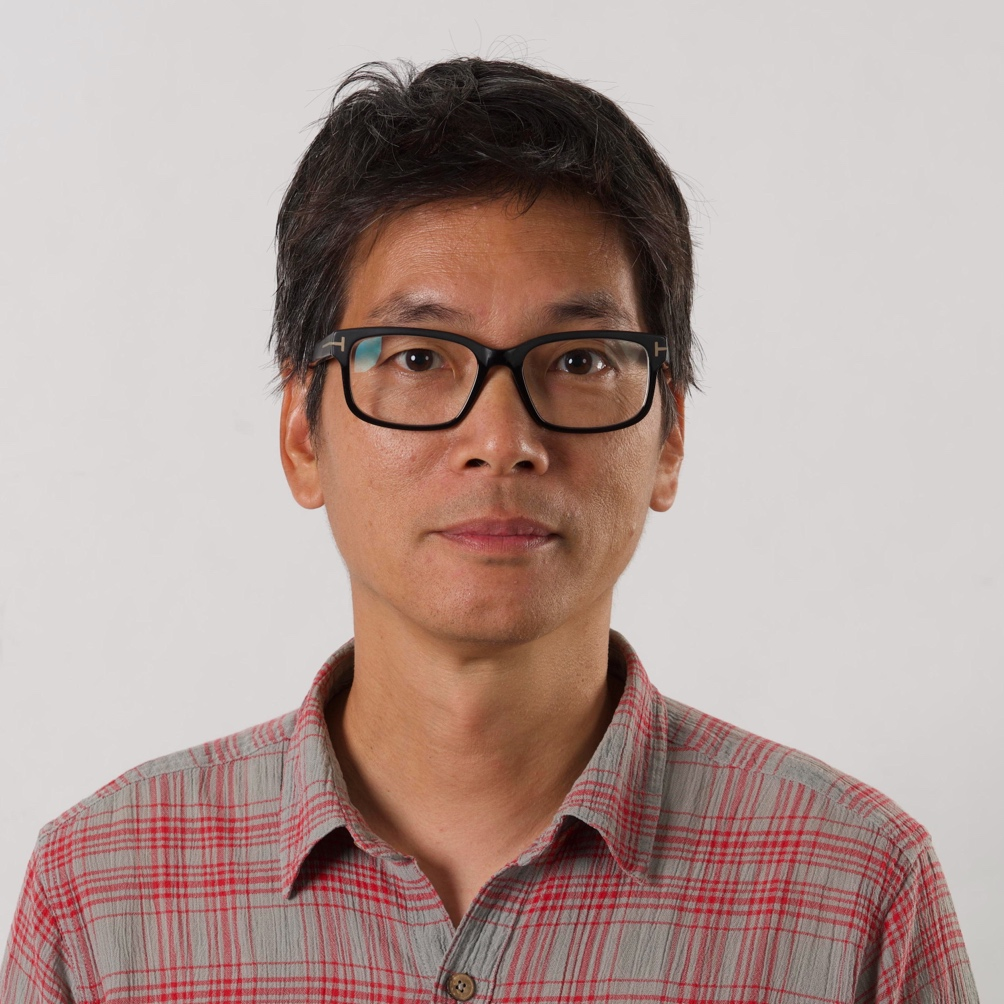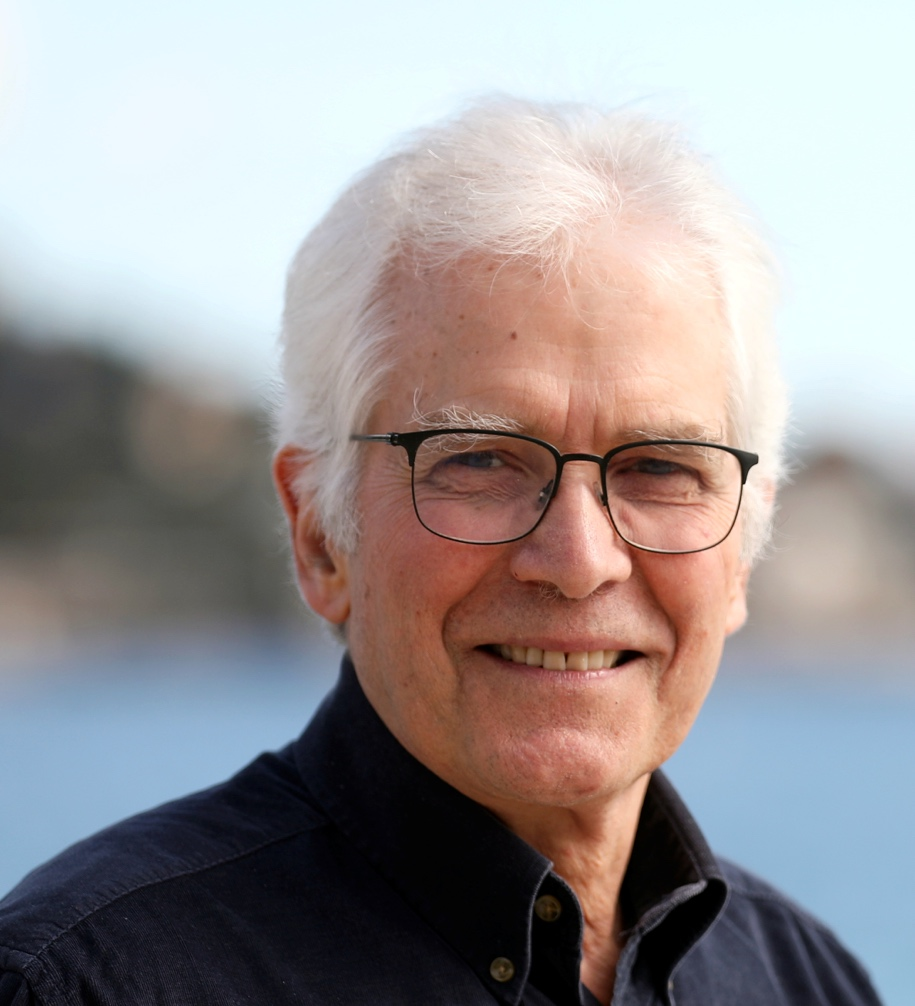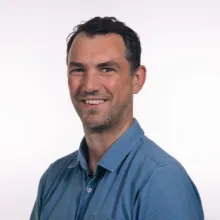Right now, COP30 is pushing hard to accelerate progress on climate action, carbon sequestration science is showing impressive, groundbreaking results, and the carbon removal market is breaking through the $10 billion mark (up from $430 million in spring 2023).
The planet needs urgent climate action, but how can we know that specific carbon sequestration projects are actually bearing fruit?
Monitoring, Reporting, and Verification, or MRV, is a key element of the emerging carbon removal industry, and its marine component is responsible for the largest carbon sink: our Ocean.
Time: 16:00 – 17:00 Beijing Time (UTC+8), November 20, 2025
Zoom Link: https://us02web.zoom.us/j/88593857029
Zoom Code: 202511
KouShare Link: https://www.koushare.com/live/details/46357
Keynote Speaker: David Ho

Professor David Ho is an oceanography professor at the University of Hawaii at Manoa, focusing on marine carbon removal and climate change research. He has made significant contributions to understanding biogeochemical cycles, ocean-atmosphere interactions, and the role of marine systems in climate regulation. Professor David Ho earned his Ph.D. in Earth and Environmental Sciences from Columbia University in 2001.Professor David has authored over 80 publications in leading journals including Science, Nature, Nature Geoscience, and Geophysical Research Letters.
Discussion Panel: Jean-Pierre Gattuso, Christopher Pearce

Jean-Pierre Gattuso
Professor Jean-Pierre Gattuso is CNRS Scientist at Sorbonne University and the Institute for Sustainable Development and International Relations. He studies the effects of global change on marine ecosystems and their services. He also investigates ocean-based solutions to mitigate and adapt to climate change. He coedited the first book on ocean acidification and contributed to several IPCC products (AR5 and AR6).

Christopher Pearce
Dr. Christopher Pearce is an oceanography scientist at The National Oceanography Centre, UK. His current research centers on the assessment and evaluation of climate change mitigation strategies, including marine Carbon Dioxide Removal (mCDR) and Enhanced Rock Weathering (ERW) techniques. He leads the multidisciplinary SEAO2-CDR project, which develops governance frameworks for mCDR and assesses potential implementation pathways. He also contributes to the LC3M and ERW GGR-D projects, where he quantifies the effectiveness of CDR via basalt weathering in agricultural environments. Additionally, he has evaluated monitoring approaches for offshore Carbon Capture and Storage (CCS) and led the National Oceanography Centre’s contributions to the CME Programme supporting sustainable Blue Economy development in Small Island Developing States. Broader Research Interests.
Post your questions to the keynote speaker and panel members:once.secretariat@outlook.com